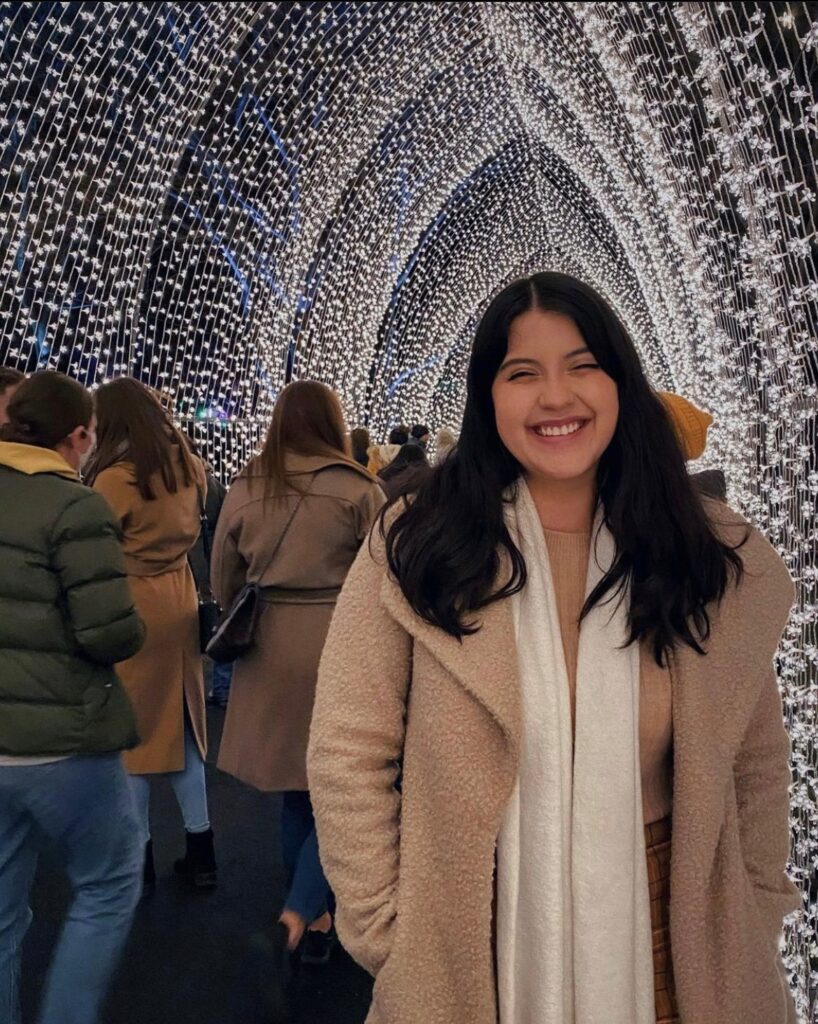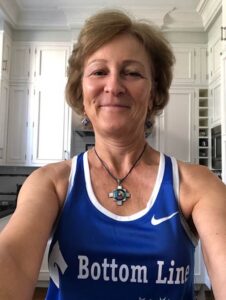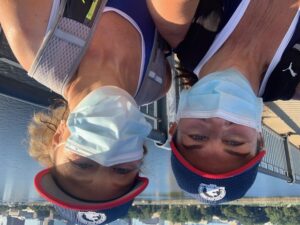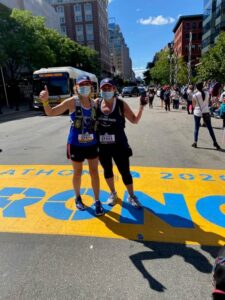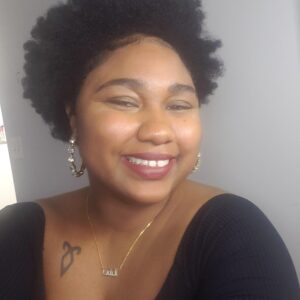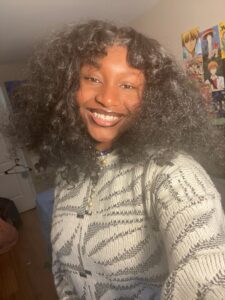Katia Aguilar
This summer, I was granted the opportunity to work as the Development Team Intern at the Chicago Bottom Line office. Initially, I was hesitant about accepting the position. When I envisioned communications work, fundraising didn’t primarily come to mind. Nevertheless, I accepted and found out along the way that development is important to communication and company satisfaction.
I had minimal expectations for my first week of work as an intern as this position would technically be my first time interning at a bigger company and for a nonprofit organization. I decided to go in without expectations and see what the working environment would be like. I was glad that everyone treated me as part of the team. I felt very welcomed and appreciated; there really wasn’t any point throughout my time as an intern at which I felt singled out. I was also extremely fortunate to get to work with such an amazing team that made me feel included and supported. I was able to learn a lot throughout my time as a development intern. It really made me appreciate and enjoy coming to work every week.
I learned a lot of new and useful skills that I have been able to implement currently towards public relations and media campaigns course. These skills will also be beneficial for me as I move forward in my career journey. Some of the projects I was included in were grant management, in which I assisted our Director of Development in organizing a program that would bring structure to our grant and gift giving system and visualize due dates and amount distributions.
I also worked with the Development Coordinator on creative and strategic improvement projects for the Bottom Line Chicago Marathon team. I was tasked with graphic design projects that would help the runners raise funds to help Bottom Line continue providing their services to students. Collectively, my collaterals made up a media tool kit for our marathon team to use. This toolkit consists of templates for Instagram stories, Facebook posts, custom QR codes, and a digital postcard to send out for outreach. By giving me the chance to curate digital content for a nonprofit event, I was able to expand my graphic design and digital marketing skills.
I was also asked to reflect on my experience of being part of the Bottom Line Student Ambassador Program. My feedback and perspective as a student were critical in breathing new life and improving the structure of the existing program. Furthermore, I had the opportunity to help organize data and create Google maps that demarcate the population of students that Bottom Line serves. These maps aid in gaining a better understanding of our network and in evaluating how many students are currently enrolled and benefitting from our services. Lastly, I assisted our head of Development with organizing donor data to better see who our donor population is and where our gifts and grants are coming from. This was really helpful in showing me that the relationship that a company has with its supporters is equally as important as the relationship with the people who use the services, especially in the case of a nonprofit organization like Bottom Line.
All of the experiences I had during my internship have given me new skills that I can now confidently utilize going forward in the future as I continue to shape my career. This summer has given me a new perspective on what I am considering in terms of my career as I am now more confident in my analytical and data processing skills and have opened my network of opportunities to expand beyond just the creative fields of communication. I am extremely grateful for the time that I spent doing this internship and the skills that I gained as a result. I now look forward to graduating this upcoming spring and hopefully my goal of working as an editor for a publishing house.
